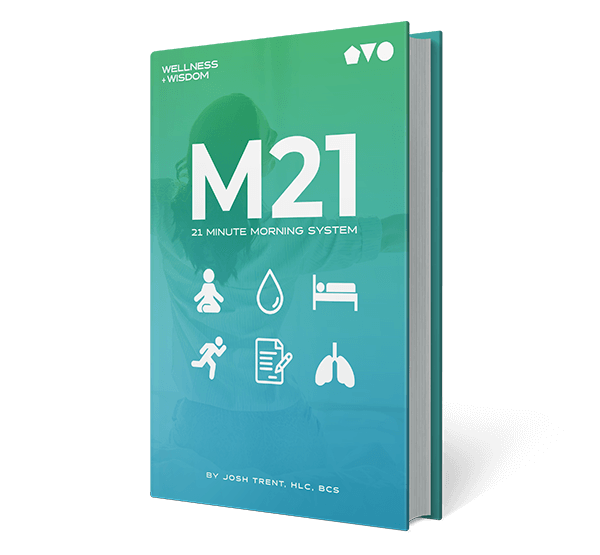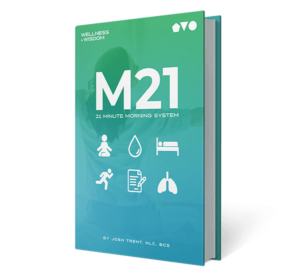Table of Contents
 Introduction
Introduction
Peptide therapy is a new kind of treatment that doctors are using to help people feel better from various illnesses. But what are peptides? They are tiny pieces of proteins that are very important for our bodies to work properly.
In this article, we'll learn how peptide therapy works and who can benefit from it. If you're looking for different ways to treat health issues or just want to learn about new medical discoveries, this topic might interest you.
Understanding Peptides and Their Role in the Body
Peptides are smaller versions of proteins made up of amino acids. They are the building blocks for many important things in our bodies. Peptides are found naturally in our bodies, and they help with many things, like making hormones and fighting germs.
Types of Peptides Used in Therapy:
- Signal Peptides: Help fix and grow cells.
- Neurotransmitter Peptides: These are used in treatments to relax muscles or improve the skin.
- Carrier Peptides: Help other peptides work better and last longer.
In peptide therapy, doctors use made-up peptides that act like the natural ones in our bodies. They help our bodies do things like heal wounds faster or build muscle.
Understanding peptides helps us see why doctors are excited about using them to treat people. It shows how peptide therapy can target very specific problems in our body, offering a way to help without using lots of different medicines.
The Mechanism of Peptide Therapy
Peptide therapy sounds complex, but it can be understood easily with a simple explanation. Imagine your body as a big machine. Just like any machine, your body has lots of little parts that need to work together. Peptides in peptide therapy are like special instructions that tell different parts of the body machine how to work better.
How Peptide Therapy Works:
- Sending Signals: When doctors use peptide therapy, they introduce special peptides into your body. These peptides are like messengers that carry important instructions. They tell your cells what to do, like healing faster, fighting germs, or making more hormones that keep you healthy.
- Targeting Problems: These special peptides are very smart. They know exactly where to go in your body to fix issues. For example, if you have inflammation (which is like your body is swollen or red from injury or sickness), peptides can go to that spot and help calm it down.
- Boosting Natural Processes: Sometimes, our bodies get a little slow at doing their jobs, especially as we get older or if we are sick. Peptides can give our body's natural processes a boost, helping things work like they're supposed to.
Peptide therapy is helpful because it uses the body's own language of peptides, making treatments that are very specific and usually have fewer side effects. This means patients might not feel as sick from the treatment as they might with other types of medicine.
Benefits of Peptide Therapy
Peptide therapy has many benefits, making it a useful treatment for different health problems. Let's look at some of the main ways it can help:
- Faster Healing: If you get hurt, peptides can help your body heal quicker. This is especially helpful for athletes who need to recover from injuries fast or for anyone who wants to heal without waiting too long.
- Stronger Immune System: Peptides can make your immune system stronger, which means your body gets better at fighting off germs and sickness. This is like giving your body armor against diseases.
- Better Hormone Balance: Hormones are chemicals in your body that act like messengers. They tell your body what to do and when. Peptides can help make sure these messages are clear and that your body is responding right, keeping everything in balance.
Examples of Who Can Benefit:
- People with skin issues: There are peptides that help make the skin look better and heal from conditions like acne.
- Older adults: As we get older, our body slows down in making some hormones. Peptide therapy can help increase these hormones, helping older adults feel younger and stay active.
- Athletes: For those who play sports, peptides can help build muscle and recover from workouts faster.
These benefits show why many doctors and patients are excited about peptide therapy. It's a way to help the body heal itself naturally, which can be safer and more effective for some people than other treatments.
Comparing Peptide Therapy to Conventional Treatments
When we think about medical treatment, we often think of taking pills or undergoing surgery. Peptide therapy offers a different approach. Here's how it compares to more traditional treatments:
Fewer Side Effects: Traditional medicines, like painkillers or antibiotics, can sometimes cause side effects like stomach upset, dizziness, or other problems. Peptide therapy often has fewer side effects because it uses natural processes in your body. This makes it a gentler option for many people.
Targeted Treatment: Traditional treatments sometimes affect the whole body, even parts that don't need treatment. This is like using a big hammer to fix a small problem. Peptide therapy is more like using a precise tool. It targets exactly where the problem is, which can make it more effective and reduce unwanted effects.
Quick Results: Some traditional treatments take a long time to work. Peptide therapy can work faster because it directly communicates with cells and boosts natural processes. This means you might see improvements sooner.
Here are a couple of examples to understand better:
- Pain Management: Traditional pain management might involve taking lots of medication that can make you feel tired or woozy. Peptide therapy can help manage pain by healing the underlying issue, which can be more comfortable and effective.
- Skin Conditions: Instead of using strong creams or drugs for skin problems, peptide therapy can improve skin health from the inside out, promoting better long-term results.
While peptide therapy can be very effective, it's not the best choice for everyone or every condition. It's important to talk with a healthcare professional to see if it could be a good option for you.
Conclusion
Peptide therapy is a new way to treat different health problems that could help a lot of people. It uses special peptides to help your body heal faster and better by doing what your body already knows how to do, but more efficiently. This kind of treatment can help with injuries, sickness, and even problems that come with getting older.
If you or someone you know has been having a tough time with health issues, talking to a doctor about peptide therapy might be a good idea. It's a natural way to get better that works well with your body and usually doesn't cause side effects like other medicines might.
Remember, it's important to talk to a doctor who knows a lot about peptides to make sure it's the right choice for you. Peptide therapy isn't just another medicine; it's a smart way to help your body help itself.









